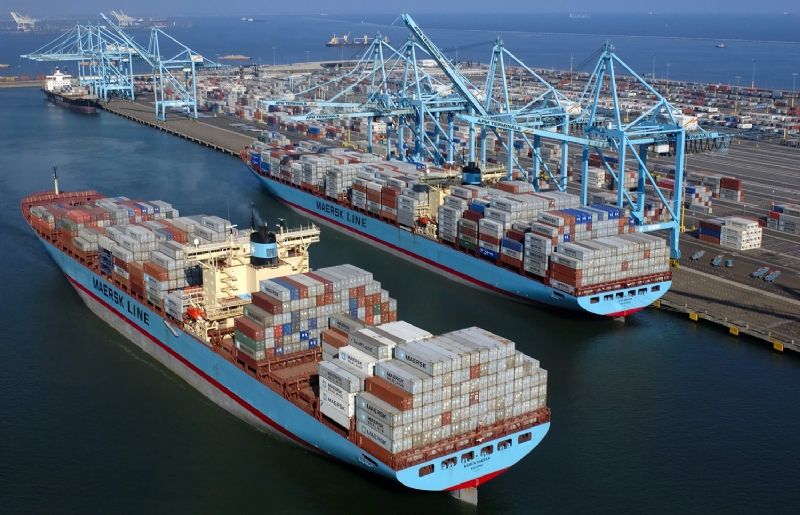‘Trade War’ between US-China intensifies; Beijing slaps tariff on 128 items of US imports
Beijing, April 2: After giving warning to Donald Trump against trade sanctions, China suspended tariff concessions on 128 items of US products including pork and fruits starting Monday.

China decided to impose a tariff of 15 per cent on 120 American products, including fruits and related products, and a tariff of 25 per cent on eight items, including pork and related products, imported from the US.
US President Donald Trump had on March 23 signed a memorandum that could impose tariffs up to USD 60 billion on imports from China and restrictions on Chinese investment in America.
Last week China had said that it was considering suspending tariff concessions on 128 categories of US products, including pork, wine and seamless steel tubes, worth USD 3 billion.
The Chinese ministry on Monday said China advocated and supported a multi-lateral trade system, but suspending tariff concession on the US imports was a just move to safeguard the country’s interests using the Word Trade Organisation (WTO) rules.
Although in violation of the WTO rules, the US measure, which came into effect from March 23, has severely undermined China’s interests, the statement said.
Despite worldwide objections, the US decided to impose a 25 per cent tariff on steel imports and a 10 per cent tariff on aluminium from many countries, including China, the Xinhua reported.
China is keeping big-ticket items like soybeans, sorghum and Boeing airplanes for heavy tariffs to counter Trump’s imposing tariffs on Chinese products to reduce about USD 375 billion trade deficit between the two countries.
After signing the memorandum, Trump had asked China to immediately cut trade deficit by USD 100 billion.
The memorandum is said to be based on the Section 301 investigation into alleged Chinese intellectual property and technology transfer practices, launched by the Trump administration in August 2017.